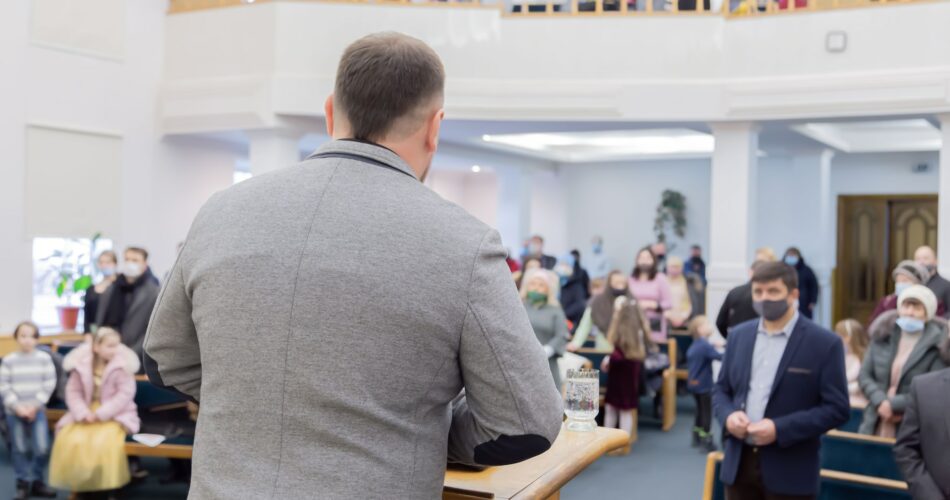This is the right thing to do.
A leader within the church’s care for the elderly emphasizes the healing power of God’s forgiveness for believers grappling with grievances over the government’s handling of COVID-19, urging them to extend forgiveness to politicians.
Former Health Secretary Matt Hancock recently testified at the Covid inquiry, acknowledging delays in implementing lockdown measures and conceding that earlier action could have saved numerous lives.
Hancock also admitted that personal indiscretions may have impacted public trust, resigning in 2021 following controversy over breaching social distancing guidelines.
Alex Drew, leading Faith In Later Life, emphasizes the need for healing and forgiveness among those aggrieved by these events, urging a response rooted in God’s forgiveness.
“While we cannot change the past, we have the power to choose our present response. God calls us to forgive as He forgives us. It’s a journey—some find immediate forgiveness, while others take a longer path. But embracing forgiveness will be beneficial for our well-being as we align with God’s call.”
Acknowledging the challenges Hancock faced, Drew emphasizes the importance of scrutinizing decisions that caused distress for many elderly individuals during the pandemic.
“Taking Matt Hancock’s position during that time was an immense challenge. However, we must confront the consequences and realities of those decisions. Countless elderly individuals faced catastrophic isolation, leading to profound impacts on their well-being.”
Drew notes the tragic outcomes—some succumbing without loved ones by their side, others emerging from the pandemic with diminished confidence and reduced mobility.
On a societal level, Drew sees a silver lining in increased awareness of elderly neighbors, an often-neglected aspect of our culture that requires more attention.
“Ageism remains pervasive. Older individuals are often marginalized, facing treatment based on age that wouldn’t be acceptable in other demographics. Engaging with and understanding older people can help combat these biases, marking a positive shift in societal attitudes towards them.”
